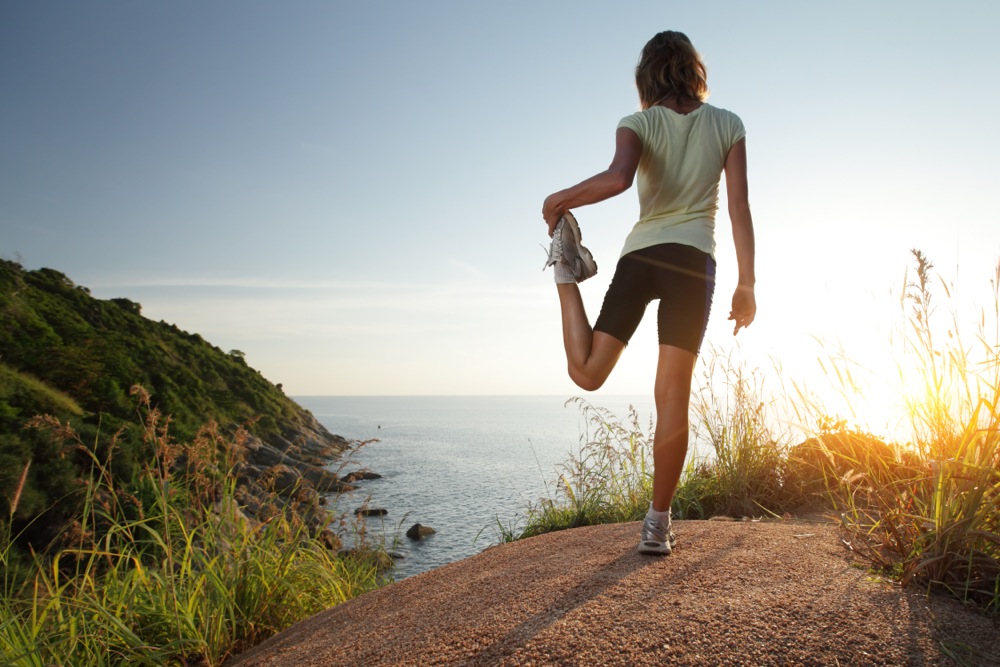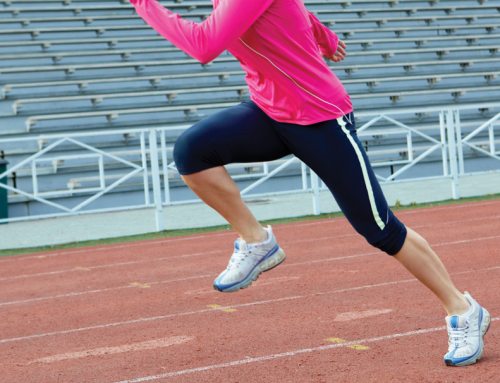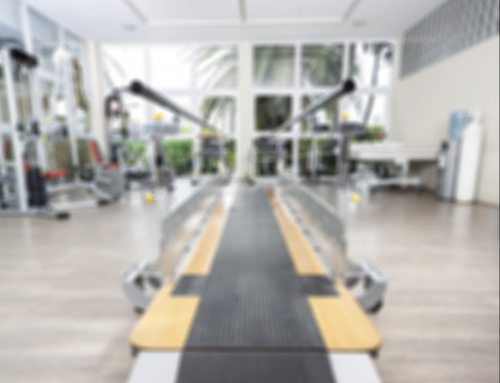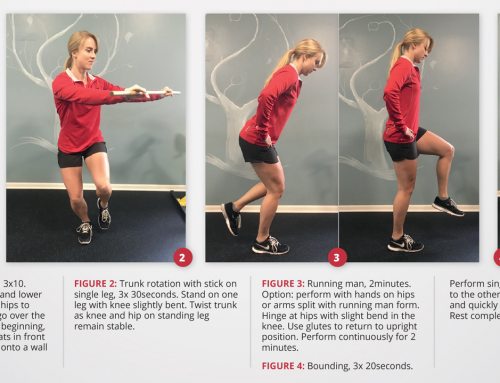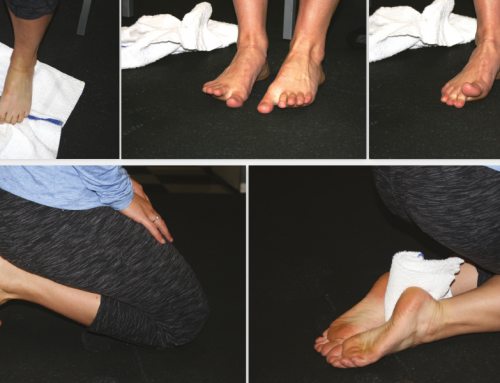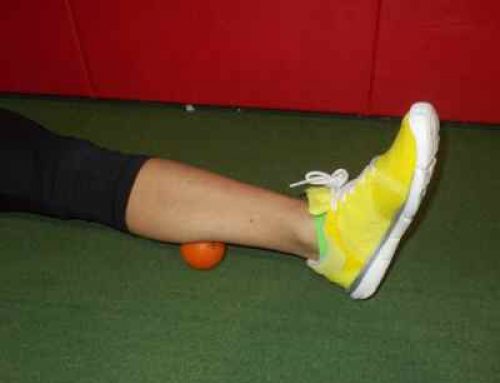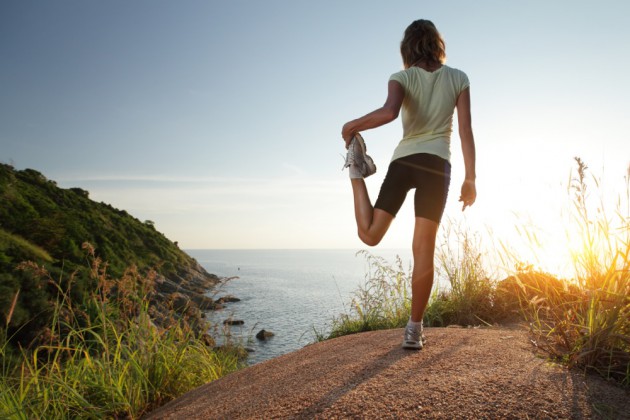
Running has major benefits to overall health and well-being but can also cause stress and strain on your muscles. For this reason, many runners find massage therapy to be beneficial in alleviating pain, preventing injury and stretching out muscles before and after long runs.
Massage therapy from a licensed massage therapist helps with a variety of issues, from IT band and psoas pain to hamstring tightness and shin splints.
The first meeting with a licensed massage therapist should involve a discussion about the runner’s medical history, explains Kim Turk, massage therapy lead at Duke Integrative Medicine and Duke Health and Fitness.
“I get a full health history on my clients. I want to know: What injuries have you had? What have you found to be problematic for you post-run? Then, we work together to decide on a plan,” she says. “I always talk to them about what’s going on with their body and what they feel they need today.”
There are two different types of massage therapy for runners: pre-event massage and post-event massage, Turk explains.
Pre-event massage is done while a runner is in training. It involves understanding the runner’s strengths and weaknesses in training. A massage therapist will focus on those areas during the massage and provide runners with at-home, self-massage techniques and partner techniques. This way they can take the exercises learned in therapy home with them and continue to strengthen and stretch out problem areas. For example, Turk advises runners with plantar fasciitis to roll their foot on a golf ball and a frozen orange each night at home to gently work out the area.
Pre-event massage needs to be timed carefully, though, to avoid injury. “You’d want to have a massage a few days before a race. Too close to a race can loosen the muscles too much,” says Turk. “Muscles need to contract quickly, and too much loosening could cause injury.”
Post-event massage is done, ideally, within a day or two after a big race. It’s used to work overtaxed muscles by stretching them out and lengthening them. Like pre-event work, this massage is customized to each runner. The massage therapist will discuss anything that was bothersome during the race and focus on those areas, Turk says.
Massage therapy can be very beneficial to any runner and should be integrated into a training and performance plan to allow for maximum benefit. “We don’t want to meet a runner for the first time when they are really hurting,” says Turk. “We want to create a partnership with our runners and be with them throughout the training process
# # #
Kim Turk, NC License # 2568, is the massage therapy lead at Duke Integrative Medicine and at Duke Health and Fitness Center. She is a member of the American Massage Therapy Association and of the National Certification Board of Therapeutic Massage and Bodywork. To make an appointment with Turk at Duke Integrative Medicine, call 919-660-6826.


